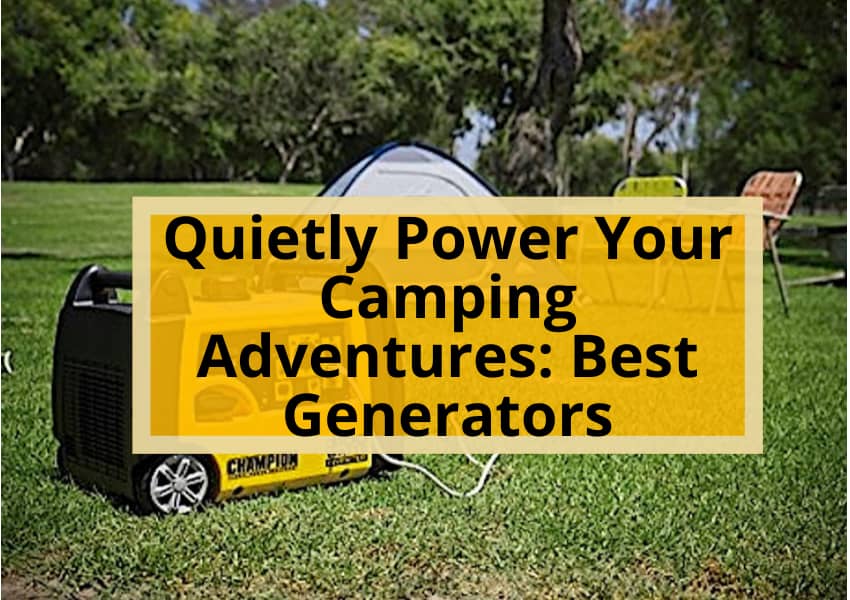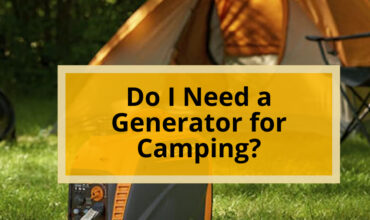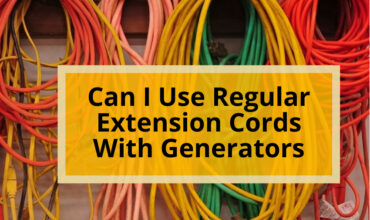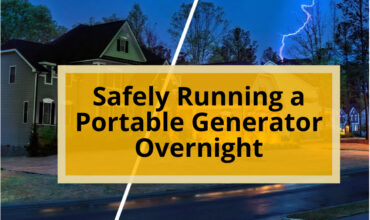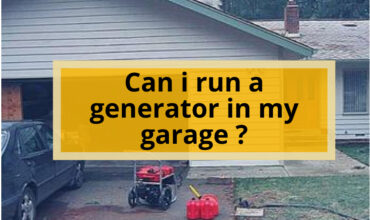Camping is a popular way to escape the stress and noise of modern life, and many campers seek the peace and quiet of nature. However, some modern conveniences, such as electricity, can make camping more comfortable and convenient, especially for extended stays.
Generators are a common solution to provide power in remote locations, but the noise they produce can be a significant annoyance for campers seeking a tranquil experience.
In this article, we will explore the best quiet generators for camping, including closed-frame and inverter generators, and provide practical tips for reducing generator noise. We will discuss the features of quiet generators, such as sound insulation, low decibel ratings, and efficient fuel consumption, to help campers select the best option for their needs.
Additionally, we will provide practical tips for reducing generator noise, such as positioning the generator away from the camping area, using sound barriers, and selecting a quiet generator model.
With this information, campers can enhance their camping adventures with electricity while minimizing the impact on the natural surroundings.

Generator Types
Inverter generators, like the WEN 56200i, are a recommended option for camping due to their ability to produce clean power and their quieter operation compared to open-frame generators. These generators use advanced electronics to convert DC power to AC power, which results in a more stable and consistent power output. Inverter generators are also fuel-efficient, making them an ideal choice for camping trips where fuel may be limited.
Another type of generator that is popular for camping is the closed-frame generator. These generators use sound-dampening materials to reduce noise levels and have a more compact design compared to open-frame generators. The Westinghouse iGen4500 and the Honda EU2200ITAG are both closed-frame generators that are known for their quiet operation and reliability.
While closed-frame generators can be more expensive than open-frame models, they offer a quieter and more efficient power source for camping off the grid.
also read : Rev Up Savings And Comfort With Apus
Features of Quiet Generators
Closed-frame generators are designed to operate with minimal noise levels, making them ideal for camping trips. These generators use sound dampening materials to reduce noise levels, allowing campers to enjoy the peace and tranquility of nature without any disturbance.
Closed-frame generators also use a fan to cool the engine, which helps to reduce noise levels further. This design feature ensures that the generator operates quietly, even when it’s under heavy load.
In addition to sound dampening and engine cooling features, quiet generators also utilize eco mode to adjust the generator’s throttle based on load demand. This feature helps to conserve fuel and reduce noise levels by regulating the engine’s speed. Eco mode is particularly useful when running the generator during the night, as it ensures that the generator operates quietly and efficiently.
Overall, quiet generators are an excellent choice for camping trips, as they provide reliable power while minimizing noise levels.
Tips for Reducing Noise
When camping with a generator, there are several strategies to reduce the noise levels and create a peaceful environment.
Firstly, it is recommended to point the exhaust pipe away from RVs and camping areas to prevent the sound from bouncing back.
Secondly, placing the generator on a soft surface, such as a rubber mat or a thick blanket, can help to absorb the vibrations and reduce the noise.
Thirdly, using a generator cover can also help to dampen the sound and further reduce the noise levels.
In addition to these equipment choices, there are other strategies that can be employed to minimize the noise.
For instance, running the generator during off-peak hours, such as midday, can reduce the impact on other campers.
Similarly, using the eco mode, which adjusts the throttle based on the load demand, can help to optimize the fuel consumption and reduce the noise.
By following these tips and utilizing the right equipment, campers can enjoy the benefits of a generator without compromising their peace and quiet.
Frequently Asked Questions
What is the average lifespan of a quiet generator used for camping?
Factors affecting the lifespan of a quiet generator used for camping include usage frequency and maintenance routine. Best brands for quiet camping generators, such as Honda and Yamaha, offer reliable and durable products that can last for several years with proper care.
Can quiet generators be used to power larger RVs or only smaller camping equipment?
Quiet generators can be used to power larger RVs as long as they have a sufficient power output. It is important to consider RV compatibility and choose a generator with the appropriate wattage and amperage to meet the needs of the RV’s electrical system.
How often should a quiet generator be serviced and maintained?
Generator maintenance is crucial for proper functioning, longevity, and avoiding breakdowns. Troubleshooting tips include checking oil levels, cleaning air filters, and assessing spark plugs. Benefits of regular generator servicing include improved fuel efficiency, lower emissions, and reduced noise levels.
Are there any safety concerns when using a quiet generator while camping?
Generator maintenance is important for safety when using a quiet generator while camping. Regularly check oil levels, air filters, and spark plugs. Noise pollution can be reduced by using a closed-frame generator and following recommended tips.
Can a quiet generator be used in rainy or wet conditions?
Generator waterproofing is crucial for safe use in rainy or wet conditions. Noise reduction techniques, such as closed-frame designs and eco mode, can enhance camping experiences. Use caution and follow manufacturer guidelines.
